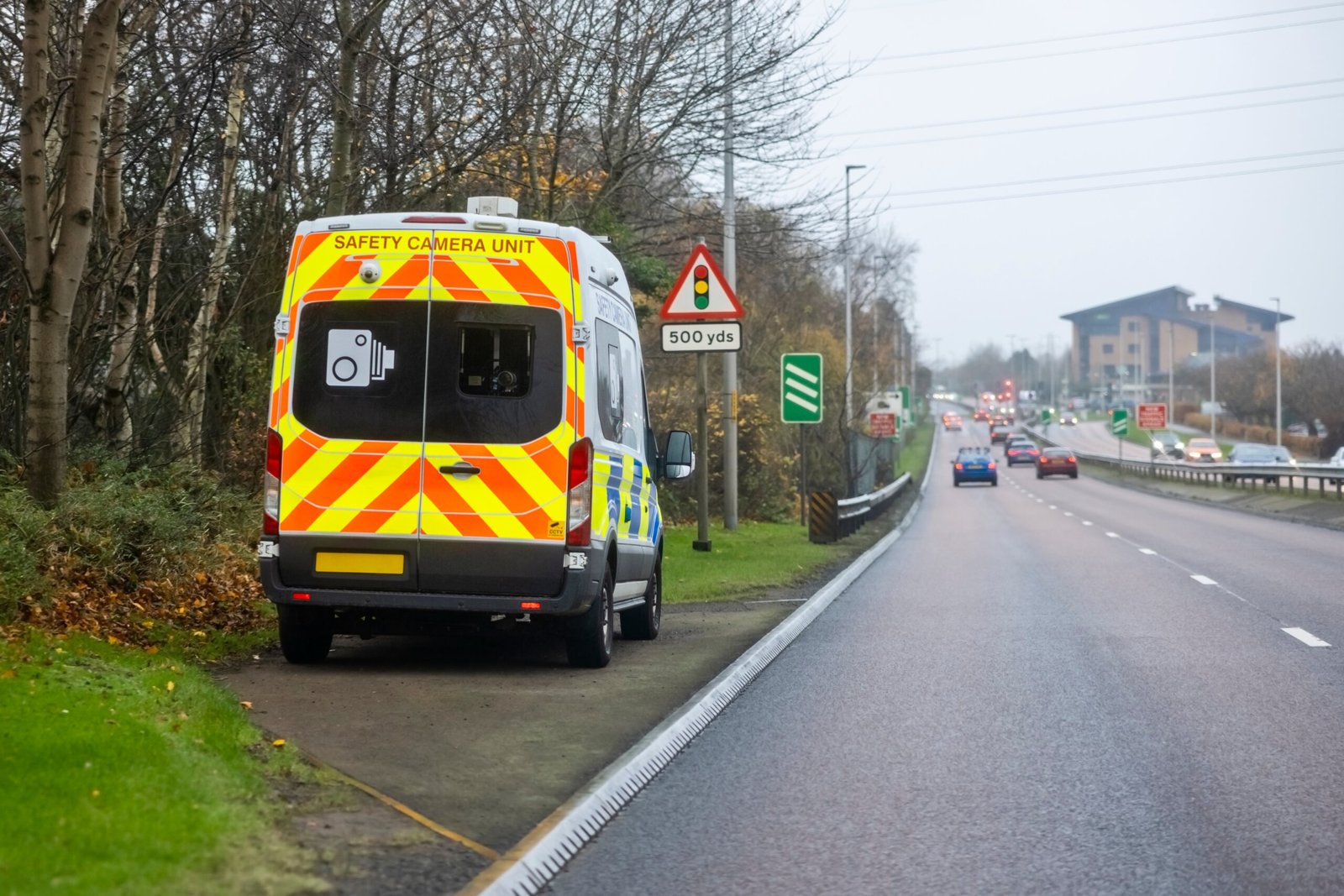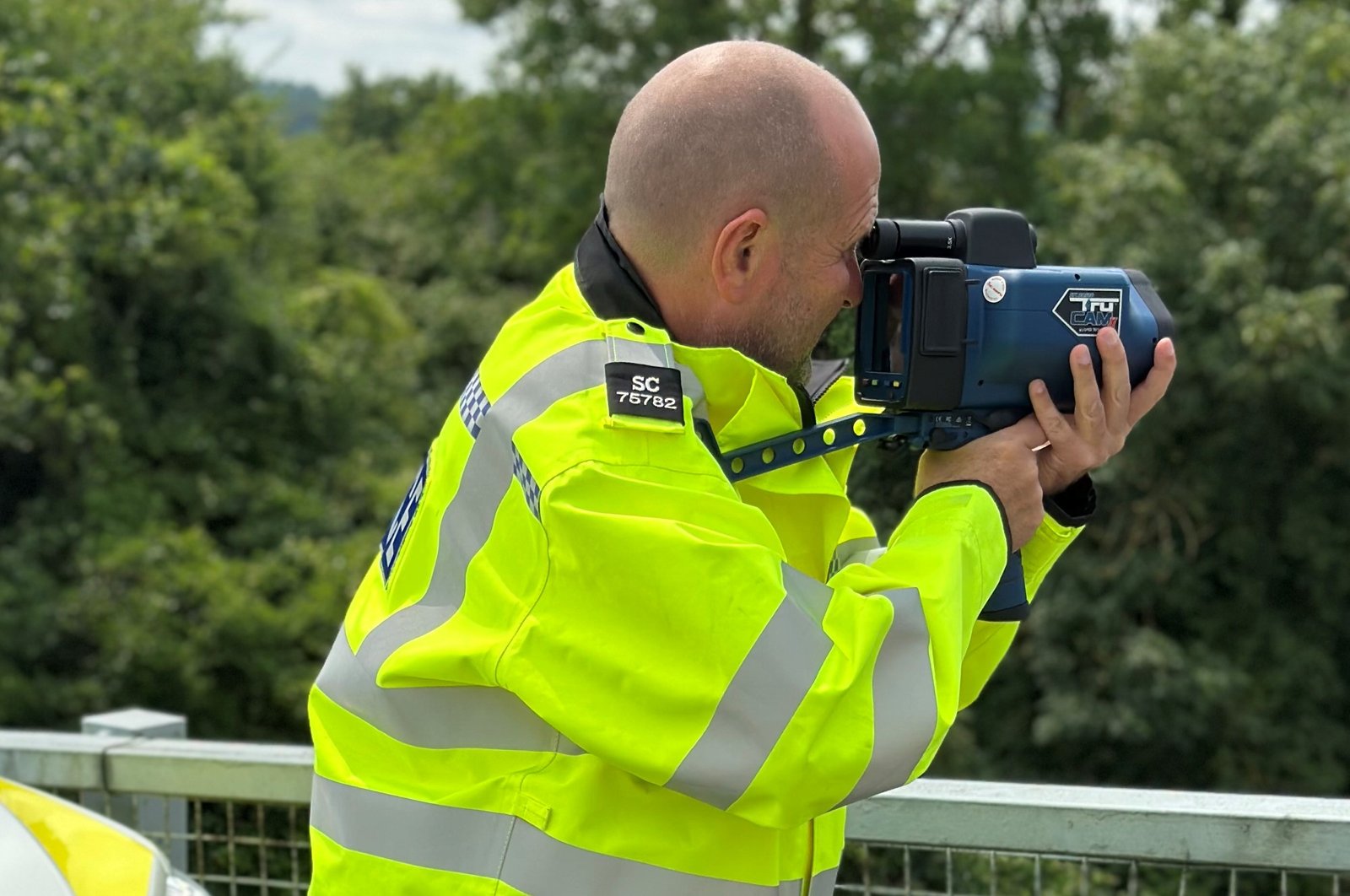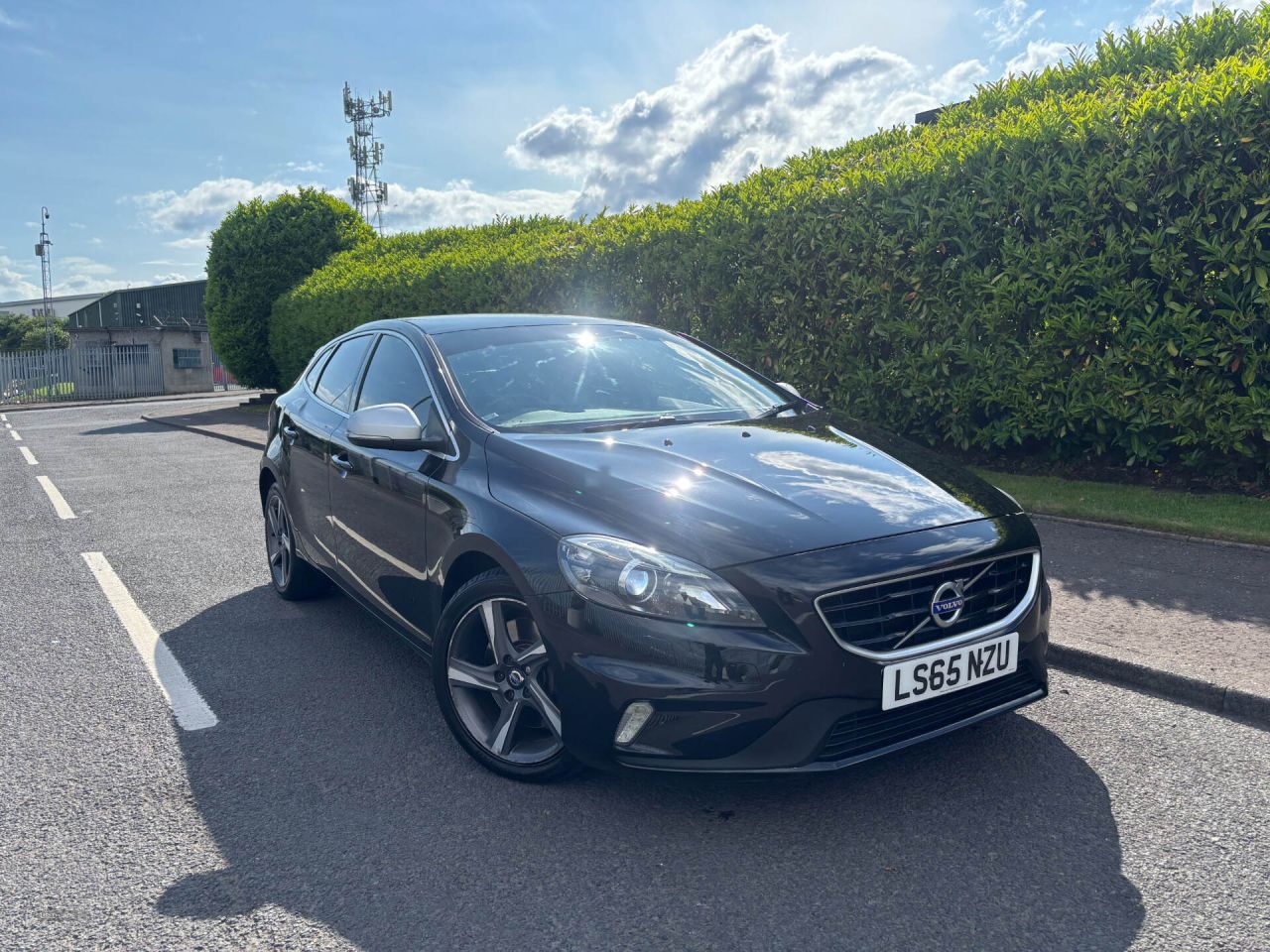Receiving a speeding fine in Northern Ireland can be a stressful experience, but understanding the process and your options for appealing can help you navigate the situation effectively. Whether you’ve been caught by a speed camera or a police officer, this detailed guide covers everything you need to know about speeding fines in Northern Ireland, including the types of penalties, grounds for appeal, the step-by-step appeal process, evidence requirements, risks, and practical tips to challenge a fine successfully.
Understanding Speeding Fines in Northern Ireland
In Northern Ireland, speeding is considered a serious motoring offence under the Road Traffic (Northern Ireland) Order 1995 and the Road Traffic Offenders (Northern Ireland) Order 1996. Speeding fines are issued to deter dangerous driving and protect road users. The consequences and processes are managed by the Police Service of Northern Ireland (PSNI) and the Fixed Penalty Office at Laganside Courts, Belfast. Here’s an overview of how speeding fines work:
Types of Speeding Fines
Fixed Penalty Notice (FPN):
Issuer: Issued by a police officer at the roadside for speeding detected in person (e.g., via speed gun).
Penalty: £60 fine + 3 penalty points on your driving licence. An additional £5 offender levy applies for those aged 18 and over.
Payment Deadline: Must be paid within 21 days. You must also surrender both parts of your driving licence (photocard and paper counterpart, if applicable) to a nominated police station within 7 days for endorsement.
Alternative: You may be offered a speed awareness course instead of points if eligible (see below).
Conditional Offer of Fixed Penalty:
Issuer: Issued by post if caught by a speed camera, following a Notice of Intended Prosecution (NIP).
Penalty: £60 fine + 3 penalty points, plus a £5 offender levy. Payment is due within 28 days, and you must send your driving licence to the Fixed Penalty Office for endorsement.
Process: Within 14 days of the offence, you’ll receive an NIP requiring you to confirm the driver’s identity via a Section 172 notice. Return this within 28 days, or you risk prosecution for failing to provide driver details (£120 fine + 6 penalty points).
Court Summons:
When: If you plead not guilty, ignore the FPN/NIP, or the offence is severe (e.g., significantly exceeding the speed limit), you’ll be summoned to court.
Penalty: Fines up to £1,000 (£2,500 on motorways), 3–7 penalty points, or disqualification. New drivers (within 2 years of passing their test) face licence revocation if they accumulate 6 or more points.
Process: You’ll attend a magistrates’ court, where penalties depend on the speed, road conditions, and your driving record.
Speed Awareness Course
Eligibility: Offered at the police’s discretion if you were marginally over the speed limit (e.g., up to 10% + 9 mph above the limit), haven’t attended a course in the past 3 years, and hold a valid licence.
Cost: Around £80–£100, paid by you.
Benefit: No fine or penalty points, but you must complete the course.
Process: If eligible, the NIP or FPN will offer this option. Contact the Northern Ireland Road Safety Partnership (NIRSP) as instructed to book.

Consequences of Non-Payment
FPN/Conditional Offer: If unpaid within 21/28 days, the fine increases to £90, and a fine registration certificate is issued, registering the debt with the courts. You may face prosecution, higher fines, or vehicle clamping.
Court Summons: Non-payment or failure to respond to an NIP/Section 172 notice leads to court, with potential fines up to £1,000 (£2,500 on motorways), more points, or disqualification.
Totting Up: Accumulating 12 or more points within 3 years results in a minimum 6-month driving ban, unless you can prove exceptional hardship (e.g., loss of job impacting dependants).
Grounds for Appealing a Speeding Fine
You can appeal a speeding fine if you believe it was issued unfairly or incorrectly. Valid grounds include:
Incorrect Details on the NIP/FPN: Errors in the date, time, location, vehicle registration, or speed recorded.
Unclear or Missing Road Signs: Speed limit signs were absent, faded, obscured (e.g., by foliage), or not illuminated at night.
You Weren’t the Driver: If someone else was driving, you’re not liable as the registered keeper, provided you identify the driver via the Section 172 notice.
No Speeding Occurred: You can prove you were within the speed limit (e.g., via dashcam footage or GPS data).
Technical Issues with Equipment: The speed camera or device was not calibrated or approved by the Department for Infrastructure (DfI), or conditions for its use weren’t met (e.g., improper setup).
Mitigating Circumstances: Emergency situations (e.g., rushing to a hospital), though these are rarely accepted unless supported by evidence (e.g., medical records).
Procedural Errors: The NIP wasn’t issued within 14 days of the offence, or the FPN wasn’t served correctly (e.g., not handed to you at the roadside).
Appealing on grounds like ignorance of the speed limit, quiet roads, or non-emergency excuses (e.g., being late) is unlikely to succeed, as prosecutors prioritize road safety.
Step-by-Step Guide to Appealing a Speeding Fine
Step 1: Review the Notice
FPN (Roadside): Check the ticket for accuracy (date, time, location, speed, vehicle details). Note the 21-day payment deadline and 7-day licence surrender requirement.
NIP/Conditional Offer (Camera): Ensure the NIP was received within 14 days of the offence (excluding weekends and holidays). Complete and return the Section 172 notice innerhalb 28 days to identify the driver, even if it was you, to avoid a separate offence (£120 + 6 points).
Action: If you believe the fine is unfair, do not pay, as payment is considered admitting guilt and closes the case.
Step 2: Gather Evidence
Photos: Take pictures of unclear, missing, or obscured speed limit signs at the location. Include timestamps or lighting conditions if relevant (e.g., night-time visibility).
Dashcam/GPS Data: If you have footage or data showing you were within the speed limit, save it securely.
Witness Statements: Obtain statements from passengers or bystanders confirming your version of events.
Documentation: Collect proof of mitigating circumstances (e.g., hospital records for emergencies) or evidence you weren’t the driver (e.g., a signed statement from the actual driver).
Calibration Request: For camera-detected offences, you can request the camera’s calibration certificate in court to verify its accuracy.
Step 3: Informal Appeal (Optional)
When to Act: Within 21 days for an FPN or 28 days for a Conditional Offer.
Process:
Contact the Fixed Penalty Processing Centre (Laganside Courts, 45 Oxford Street, Belfast, BT1 3LL; phone: 028 9072 8226/8235/8234) or the NIRSP number on the NIP.
Write a letter or email stating your grounds for appeal (e.g., “The NIP lists an incorrect speed of 40 mph in a 30 mph zone; my dashcam shows 28 mph”). Include your FPN/NIP number, vehicle.registration, and evidence.
Use a template from Citizens Advice (www.citizensadvice.org.uk) or the Consumer Council (www.consumercouncil.org.uk).
Outcome: The PSNI/Fixed Penalty Office may cancel the fine or offer a speed awareness course. If rejected, you’ll receive a new payment deadline or a court summons. The discount (£60) is not preserved during an informal appeal, unlike parking PCNs.
Step 4: Request a Court Hearing (Formal Appeal)
When to Act: If the informal appeal fails or you choose to skip it, request a court hearing within 21 days (FPN) or 28 days (Conditional Offer) by completing the relevant section on the notice.
Process:
Write to the Fixed Penalty Processing Centre requesting a hearing, stating you plead not guilty. Include your FPN/NIP number and a brief explanation of your grounds.
Alternatively, return the FPN/NIP with the “not guilty” section completed.
You’ll receive a summons from the magistrates’ court (typically within 6 months of the offence) with a hearing date.
Preparation:
Submit all evidence to the court in advance, including photos, dashcam footage, witness statements, or calibration requests.
Consider legal representation from a solicitor specializing in motoring offences (e.g., H McPartland & Sons, www.hmcpartlandandsons.co.uk). They can review your case, negotiate with prosecutors, or represent you in court.
Practice your testimony, focusing on facts (e.g., “The sign was obscured by a tree, as shown in photo X”).
Court Hearing:
Held at a local magistrates’ court (e.g., Laganside Courts, Belfast).
Present your evidence and argue your case. The prosecutor will present the PSNI’s evidence (e.g., camera data or officer testimony).
The magistrate decides based on the evidence. If successful, the fine and points are cancelled. If unsuccessful, you may face a fine up to £1,000 (£2,500 on motorways), 3–7 points, or disqualification. Court costs may also apply.
Step 5: Further Appeals (Rare)
High Court/Court of Appeal:
If you believe the magistrates’ court made a legal error (e.g., misinterpreting evidence), apply for a case review under Article 146 of the Magistrates’ Courts (Northern Ireland) Order 1981 or to the High Court for certiorari.
Contact a solicitor immediately, as this is complex and costly. The court may suspend your disqualification pending the appeal.
Statutory Declaration:
If you didn’t receive the NIP or summons (e.g., due to a postal error), file a Statutory Declaration within 21 days of learning about the fine to reset the process. Contact the Northern Ireland Courts and Tribunals Service (0300 200 7812).
Risks: Higher fines, additional points, and legal costs if unsuccessful.
Practical Tips for Appealing a Speeding Fine
Act Quickly:
Respond to the NIP within 28 days to avoid a separate offence. Appeal within 21/28 days for FPN/Conditional Offer to meet deadlines.
Check the NIP’s issue date to ensure it was sent within 14 days of the offence. If not, this is a strong ground for appeal.
Gather Robust Evidence:
Take clear, timestamped photos of signage issues. For example, a faded 30 mph sign covered by foliage could invalidate the fine.
Save dashcam footage or GPS logs showing your speed. Ensure the footage is unedited and includes timestamps.
If you weren’t driving, get a signed statement from the driver and submit it with the Section 172 notice.
Be Cautious with Informal Appeals:
Informal appeals are not guaranteed to preserve the £60 discount, so weigh the risk of paying £90 if rejected.
Use clear, factual language (e.g., “The camera recorded 35 mph, but my GPS data shows 30 mph”). Avoid excuses like “I didn’t see the sign” unless supported by evidence.
Consider a Speed Awareness Course:
If offered, accept the course to avoid points and fines. Contact the NIRSP promptly to confirm eligibility and book.
Courses cost £80–£100 but prevent insurance premium increases from endorsements.
Seek Legal Advice:
Consult a motoring offence solicitor (e.g., H McPartland & Sons or McAtamney Solicitors) for complex cases, especially if facing disqualification or multiple tickets. They can negotiate with prosecutors or challenge camera calibration.
Citizens Advice or the Consumer Council offer free appeal letter templates and guidance.
Understand the Risks:
Appealing risks higher fines (£1,000–£2,500), more points (up to 7), or disqualification if you lose in court. New drivers risk licence revocation at 6 points.
If you have 9+ points, a further 3 could lead to a totting-up ban. Argue exceptional hardship in court to avoid disqualification (e.g., job loss impacting family).
Check Camera Compliance:
Request the camera’s calibration certificate in court. Under the Road Traffic Offenders (Northern Ireland) Order 1996, camera evidence is only admissible if the device is DfI-approved and conditions are met.
If the camera was miscalibrated or misused, the fine may be dismissed.

Specific Considerations for Northern Ireland
Cross-Border Issues: Penalty points from Northern Ireland are recognized in Great Britain but not in the Republic of Ireland. However, disqualifications are mutually recognized between the UK and Ireland under the Crime (International Co-operation) Act 2003.
New Drivers: If you’ve held your licence for less than 2 years, 6+ points lead to revocation, requiring you to reapply for a provisional licence and retake your test.
Camera Locations: Northern Ireland has 90 permanently signed speed camera locations, 8 safety camera vehicles, 1 SPECS average speed system, and 4 fixed cameras. Common hotspots include the M2 (Belfast, where speeds up to 149 mph have been recorded). Check the NIRSP website for locations.
Non-NI Licence Holders: If you hold a GB or foreign licence, a Northern Ireland counterpart is created for endorsing points. Fines and points apply as normal.
Risks and Costs of Appealing
Informal Appeal: Free, but the £60 discount may be lost if rejected, increasing the fine to £90. No additional costs unless it proceeds to court.
Court Hearing: Free to request, but if you lose, you face fines up to £1,000 (£2,500 on motorways), 3–7 points, court costs, and potential disqualification. Legal fees apply if you hire a solicitor.
Higher Appeals: High Court or Court of Appeal cases are costly and require legal representation. Failure incurs significant fines and costs.
Non-Payment: Ignoring an FPN/NIP leads to court, with fines up to £1,000, additional points, and possible debt recovery or clamping.
Resources and Support
Fixed Penalty Office: Laganside Courts, 45 Oxford Street, Belfast, BT1 3LL. Phone: 028 9072 8226/8235/8234 for payments/queries, or 028 9072 4594/4750 for licence issues.
Northern Ireland Road Safety Partnership (NIRSP): Contact details on the NIP for speed awareness course bookings or NIP queries.
Citizens Advice (www.citizensadvice.org.uk): Free appeal letter templates and guidance on motoring offences.
Consumer Council (www.consumercouncil.org.uk): Offers appeal templates and consumer advice.
H McPartland & Sons (www.hmcpartlandandsons.co.uk): Solicitors specializing in motoring offences, offering case reviews and court representation.
McAtamney Solicitors (www.mcatamneysolicitors.com): Expert advice for driving offences, including speeding.
NI Courts and Tribunals Service (www.justice-ni.gov.uk): Contact for court summons or Statutory Declarations (0300 200 7812).
Practical Example: Sample Appeal Scenario
Scenario: You receive a Conditional Offer of Fixed Penalty (£60 + 3 points) via an NIP for allegedly driving at 38 mph in a 30 mph zone on the A21 near Newtownards, caught by a speed camera. You believe the speed limit sign was obscured by a tree.
Steps:
Within 14 Days: Complete the Section 172 notice, confirming you were the driver, and return it to the NIRSP to avoid a separate offence.
Within 28 Days: Write to the Fixed Penalty Office (Laganside Courts) requesting a court hearing, stating, “The 30 mph sign was obscured by foliage, as shown in the attached photos, making the limit unclear.” Include timestamped photos of the sign and tree.
Court Preparation: Hire a solicitor (e.g., H McPartland & Sons) to review your case. Submit photos, a witness statement from a passenger, and request the camera’s calibration certificate. Argue that the unclear signage invalidates the fine.
Court Outcome: If the magistrate accepts your evidence, the fine and points are cancelled. If rejected, you may face a £200–£1,000 fine, 3–7 points, and court costs.
Appealing a speeding fine in Northern Ireland requires careful consideration of the grounds, evidence, and risks. Whether you’ve received an FPN or a Conditional Offer, act quickly to review the notice, gather evidence (e.g., photos of unclear signs, dashcam footage), and decide whether to appeal informally or request a court hearing. Valid grounds include incorrect details, unclear signage, or proof you weren’t speeding or driving. A speed awareness course is a good alternative if offered, avoiding points and fines. For complex cases, consult a solicitor to navigate court proceedings or challenge technical issues like camera calibration. By understanding the process and preparing thoroughly, you can increase your chances of successfully appealing a speeding fine while avoiding harsher penalties.
For further assistance, contact the Fixed Penalty Office, NIRSP, or a motoring offence solicitor, and always drive within the speed limit to stay safe.









